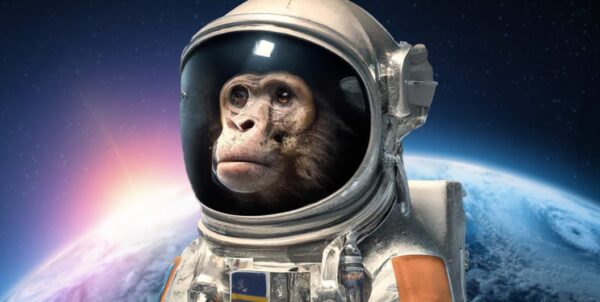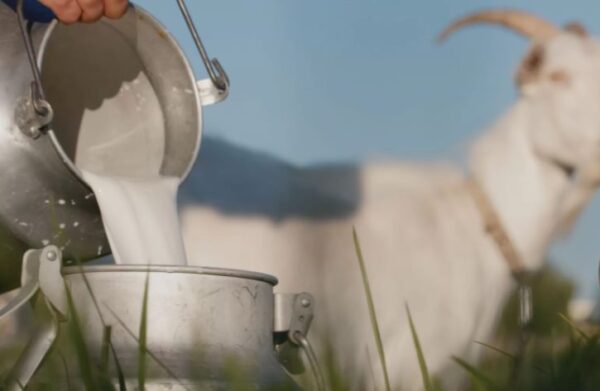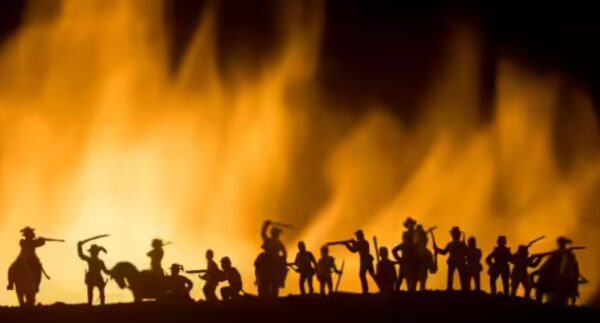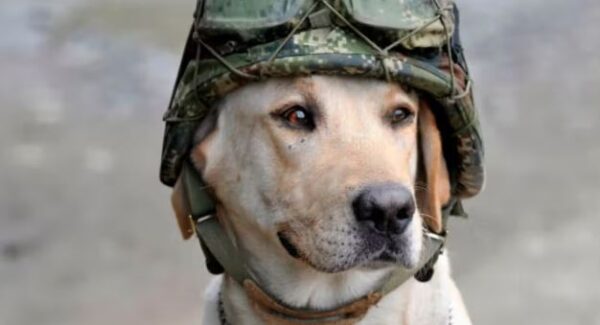Lifestyle
Did you know these 5 animals went to war?
Well, they don’t exactly fight alongside soldiers with weapons but have played important roles throughout history alongside soldiers.
From carrying messages to detecting bombs, these animals have shown bravery and loyalty on the battlefield, and have brought special skills that helped soldiers in various ways.
Here are some of those animals:
1. Carrier pigeons
Carrier pigeons were the unsung heroes of both World Wars. These birds were used to carry important messages across battlefields, often when other communication methods failed. One famous pigeon, named Gustav, carried the first news of the D-Day landings back to Britain. Despite being wounded, another pigeon named Pigeon No. 498 successfully delivered a life-saving message after its handler was attacked by a German submarine.
2. Wojtek the bear
Wojtek, a Syrian brown bear, was adopted by Polish soldiers during World War II. He started as a mascot but soon became much more. Wojtek was enlisted as a private and even helped carry heavy ammunition during battles. After the war, he lived in Scotland and became a beloved symbol of bravery.
3. Horses
Horses have been essential in wars for centuries, especially during World War I and World War II. They transported soldiers, equipment, and supplies. Despite the mechanisation of war, horses remained invaluable, especially in difficult terrains where vehicles couldn’t operate. They also pulled ambulances and carried the wounded to safety.
4. Dogs
Dogs have served in various roles, from messengers to search and rescue. One notable dog, Judy, served on HMS Grasshopper during World War II. After the ship was torpedoed, she and the crew were captured by the Japanese. Judy protected her fellow prisoners and even brought food back to the camp. She was later awarded the Dickin Medal for her bravery and loyalty.
5. Elephants
In the jungles of Burma and other regions, elephants were invaluable for their strength and ability to navigate difficult terrains. They carried heavy loads, helped build bridges, and cleared paths.
Their intelligence and memory made them exceptional at tasks that required precision and care.












